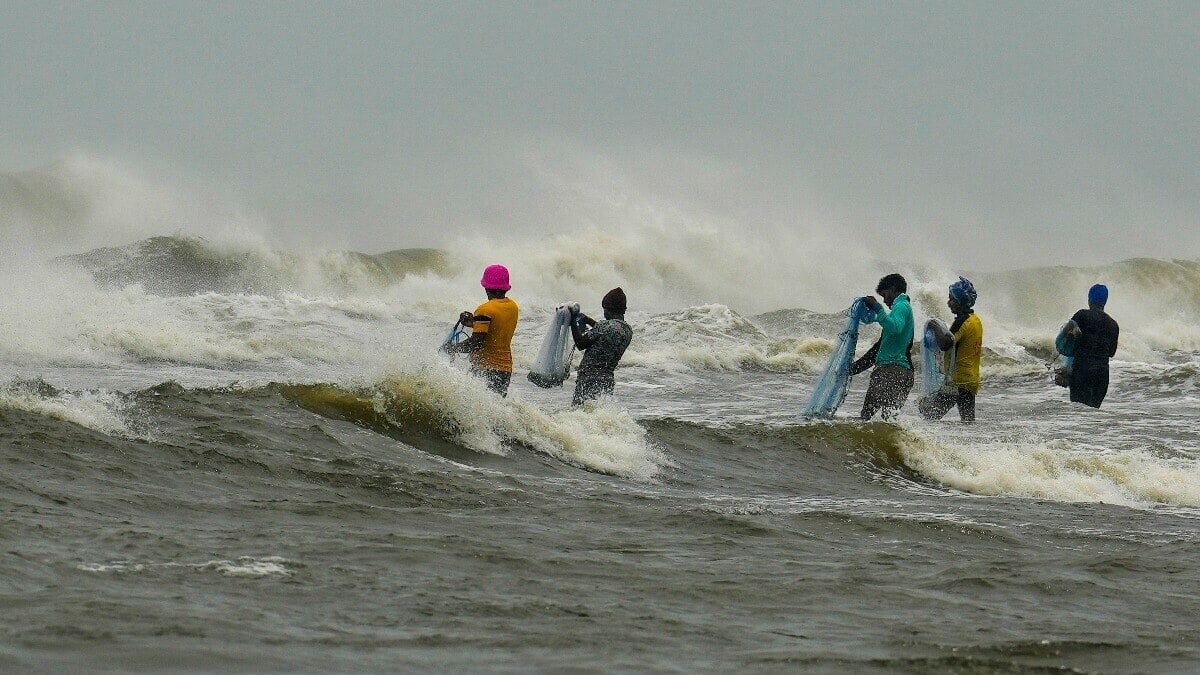
Taiwan's technology protection rules has stopped TSMC from producing advanced 2nm chips overseas, with Taiwan Minister of Economic Affairs J.W. Kuo stating yesterday that the country need to keep its most cutting-edge technology at home.
Kuo added: "Although TSMC plans to make 2nm chips (abroad) in the future, its core technology will stay in Taiwan". According to Taiwan law, there are limits to domestic chipmakers to produce chips abroad that are at least one generation behind their most advanced nodes that their fabs at home are making. In July 2024, TSMC told its investors that its next-generation A16 chip will be entering volume production in the second half of 2026, after ramping production of its 2nm chips in 2025.

TSMC's overseas manufacturing roadmap has the company making 2nm or more advanced chips in the US by 2030, with its new Arizona fab using its 3nm and 2nm process nodes, and will be operational in 2028. TSMC has said that its third Arizona fab would be making 2nm chips or even more advanced process technologies, with TSMC's first fab in Arizona expected to ramp up production of 4nm chips in December 2024, just weeks away. It has been rumored that both President Biden and President-elect Trump would be attending TSMC's new Arizona fab opening ceremony in December.
The Taiwan Semiconductor Industry Association (TSIA) chairman, Cliff Hou, said yesterday that history has shown the results of the US presidential election, and that it would not significantly affect TSMC's decades-long partnership between Taiwan and the United States. Hou also serves as the senior vice president of TSMC, saying at a forum in Hsinchu, Taiwan yesterday: " the bilateral relationship has not changed because of the political landscape changes in the US. There could be some alterations in details regarding this partnership.
We will look at it when everything is certain ". He was asked how the TSIA would be helping local semiconductor companies work through the challenges of a potential 10% tariff hike that Trump promised during his election campaign, with Hou saying that the TSIA hasn't received any official notification yet. Hou said that Taiwan should pour more resources into advancing chip technology and expanding the supply chain expertise to maintain its global leadership, adding: " We should accelerate research and development to ensure our standing as an indispensable member of the global semiconductor supply chain.
We are also working with the government to see whether we can attract foreign partners to set up design and materials centers in Taiwan "..













